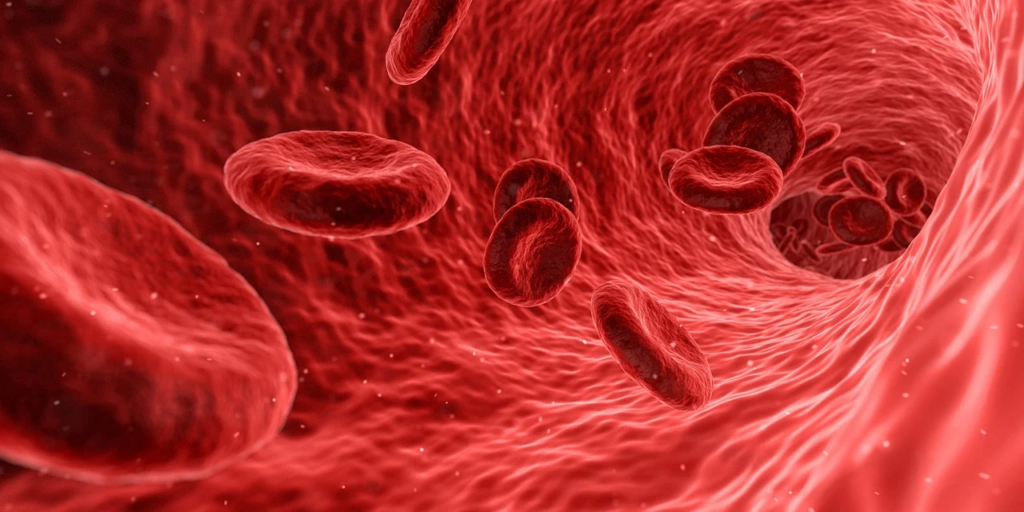Your feet can tell you a lot about your heart health. While they might not be the first thing that comes to mind when thinking about your cardiovascular system, symptoms in your feet like pain, swelling, or numbness could point to serious heart issues such as clogged arteries.
Two major conditions that can show up in your feet are Peripheral Artery Disease (PAD) and Coronary Artery Disease (CAD). These occur when plaque buildup in your arteries restricts blood flow.

What Is Peripheral Artery Disease (PAD)?
PAD is caused by plaque buildup in the arteries, which limits blood flow to your legs and feet. This can result in severe pain, cramping, and even trouble moving. According to the Cleveland Clinic, in extreme cases, PAD can lead to limb loss.
If you often experience leg cramps or struggle to stand for long periods, it’s a good idea to see a doctor to rule out PAD.

How Do Doctors Check for Clogged Arteries?
Doctors can detect PAD with an Ankle-Brachial Index (ABI) test or by checking the pulse in your feet. The ABI test compares the blood pressure in your arm and ankle using ultrasound to find any blockages or reduced blood flow.
If you have swelling in your feet or ankles, especially with a family history of heart problems, it could be a sign of heart failure or clogged arteries. Seeking medical attention early is key.

The Impact of Poor Circulation
Poor blood circulation deprives tissues of oxygen, which can lead to tingling, pain, and slow wound healing in the feet. Clogged arteries make these problems worse.
People with diabetes need to be extra careful because high blood sugar can cause nerve damage, worsening foot pain and numbness.

Preventing PAD and CAD
A healthy lifestyle can help prevent PAD and CAD. Regular exercise, a diet low in saturated fats, and managing blood sugar levels are essential. Avoiding smoking and talking to your doctor about managing cholesterol and blood pressure are also helpful.

Conclusion
Pay attention to your feet—they can reveal warning signs about your heart health. Early detection and preventive measures can protect your heart and improve your overall well-being. If you notice any unusual symptoms, consult a doctor right away.

